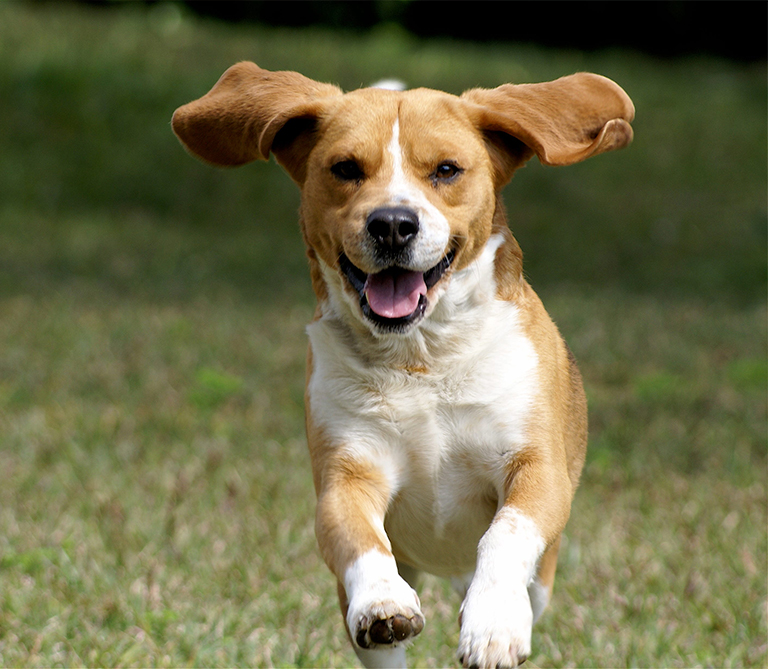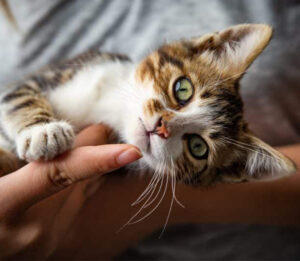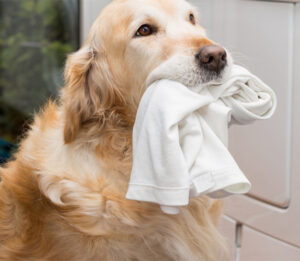Dogs are known for their unwavering loyalty, but have you ever wondered Why Dogs are Loyal? The Science Behind Dogs’ Unwavering Loyalty explores the evolutionary and behavioral aspects of canine loyalty, providing an in-depth look at the fascinating connection between humans and their four-legged friends. From the early domestication of wolves to the intricate bond between dogs and their owners, this article delves into the science behind this special relationship. Learn how dogs have evolved to become loyal companions and why their loyalty is so important to us.
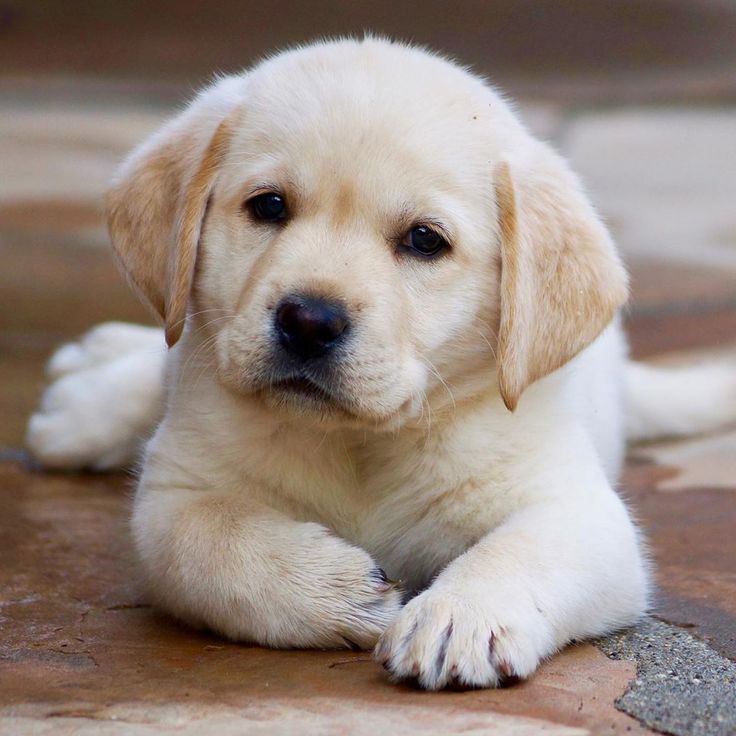
Why Dogs are Loyal
Dogs have been called man’s best friend for centuries, and it’s easy to see why. Dogs are incredibly loyal, and their devotion to their owners is undeniable. But what is the science behind this loyalty?
The Role of Evolution
The loyalty of dogs is rooted in their evolutionary history. Dogs are descended from wolves, and wolves are highly social animals. Wolves live in packs and cooperate with each other to survive. This social behavior is still seen in dogs today, and it is part of the reason why they are so loyal.
The Role of Bonding
Dogs form strong bonds with their owners, and this bond is essential for their loyalty. Dogs are social animals, and they need to feel connected to their owners in order to be loyal. This bond is formed through positive reinforcement, such as petting and praise.
The Role of Attachment
Dogs are also capable of forming an attachment to their owners. This attachment is based on trust and mutual understanding. Dogs need to feel secure in their relationship with their owners in order to be loyal.
The Role of Training
Training is also important for a dog’s loyalty. Dogs need to learn how to respond to commands and cues from their owners. This helps them understand what is expected of them and builds trust between the dog and its owner.
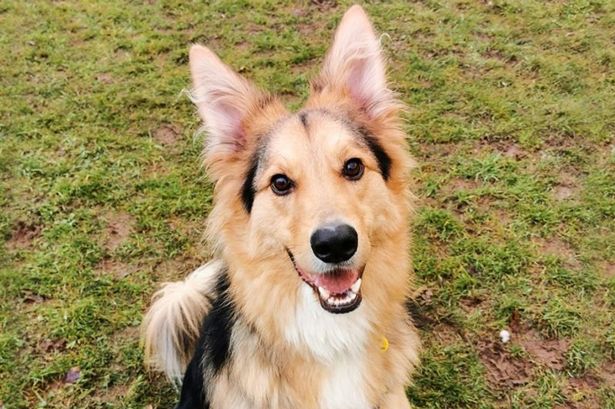
The Role of Genetics
Genetics also play a role in a dog’s loyalty. Certain breeds of dogs are more loyal than others, and this is due to their genetic makeup. Breeds such as German Shepherds and Labrador Retrievers are known for their loyalty.
The Role of the Environment
The environment in which a dog is raised also has an effect on its loyalty. Dogs that are raised in a loving and nurturing environment are more likely to be loyal than those that are not.
The Role of Diet
A dog’s diet can also affect its loyalty. Dogs that are fed a balanced diet are more likely to be loyal than those that are not. A healthy diet can help a dog stay healthy and energetic, which can lead to a stronger bond with its owner.
The Role of Exercise
Exercise is also important for a dog’s loyalty. Dogs need regular exercise in order to stay healthy and happy. Exercise helps a dog stay mentally and physically fit, which can lead to a stronger bond with its owner.
The Role of Health
A dog’s health is also important for its loyalty. Dogs that are in good health are more likely to be loyal than those that are not. Regular vet visits and proper care can help ensure that a dog stays healthy and happy.If you want to know more about pet health, you can visit this website.
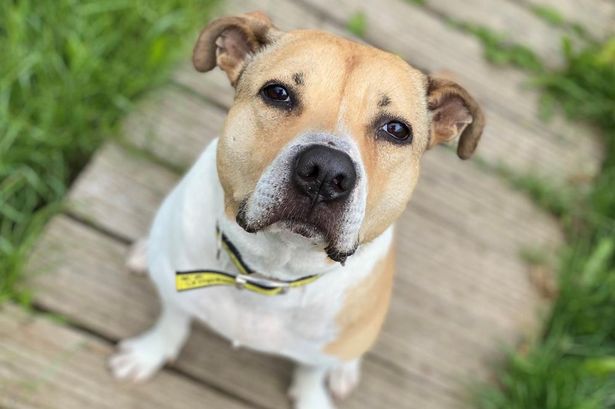
The Role of Love
Finally, love is essential for a dog’s loyalty. Dogs need to feel loved and appreciated in order to be loyal. Showing a dog love and affection can help strengthen the bond between the dog and its owner.
Conclusion
Dogs are incredibly loyal animals, and there is a lot of science behind this loyalty. Evolution, bonding, attachment, training, genetics, environment, diet, exercise, health, and love all play a role in a dog’s loyalty. By understanding these factors, owners can ensure that their dogs remain loyal and devoted companions.If you want to buy pet clothes, you can visit this website.


